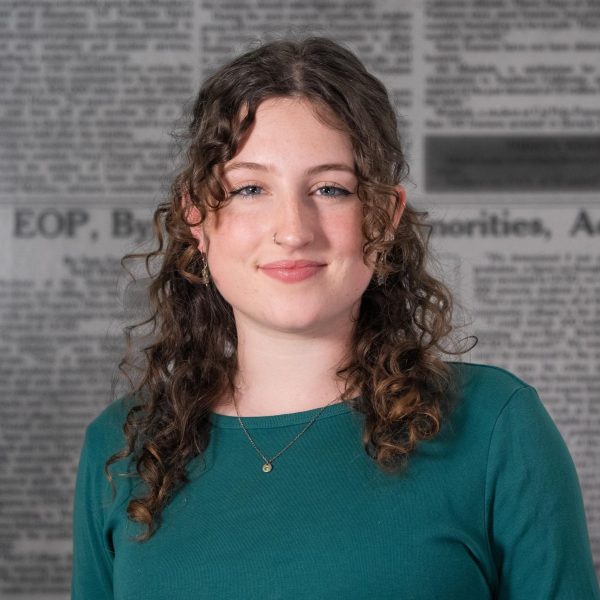A few weeks ago, I sat down with sociology Ph.D. candidate Zosia Cooper, a former TA from a sociology course I took, to talk about how I spend money — or rather, how my entire generation does. Cooper’s sociology dissertation, set to be reviewed in 2027, explores the financial wellbeing of Generation Z by examining our habits, histories, and attitudes.
Through qualitative interviews, supplemented by survey data from college students across the United States, Cooper seeks to answer questions like: How does Gen Z understand the financial world? What is their approach to investing and the pursuit of financial stability, if they have one at all? How are they navigating the job market?
Two years into her study, Cooper has already conducted 60 interviews. She explained to me that some of her biggest findings have to do with just how uneven knowledge and attitudes are between different demographics, identifying gender, major, and family background as a few key factors that cause variation in financial knowledge and interest.
Family background, for example, was a highly influential factor on interviewees’ financial attitudes and priorities. “Immigrant and working class families are more likely to encourage young people to prioritize their careers and career prospects in their education,” Cooper explained. They also typically place more emphasis on being cautious and thoughtful with financial decisions.
Cooper also finds, however, that despite the financial prudence that these families exhibit, they are still disproportionately unaware of the most advantageous financial habits or skills in comparison to non-immigrant and non-working class families. Of course, there’s no one way to be perfectly “successful” in financial planning, but certain choices often have important implications for predicting stability down the line. For instance, some parents just aren’t aware of the importance of internships in securing job opportunities or the value in starting a retirement account — like a Roth IRA — at a young age.
Given these findings, I asked Cooper how she thinks we can help even the playing field. She believes that educators should be making an effort to ensure young people across socioeconomic backgrounds are financially knowledgeable.
However, Cooper recognizes that this will not change the many structural factors also at play in shaping professional and financial outcomes.
“Thinking of financial security as the outcome of a bunch of smart individual choices and giving people the information to make those smart choices is limiting,” Cooper explained. “It’s too narrow a view on life, and it makes people feel like they can control things that are simply not in their control.”
Cooper’s research points to problems with the broader value system that informs our generation’s future career choices and outcomes. In our interview, she repeatedly emphasized the often-understated importance of being able to find a fulfilling career, not just achieve financial stability.
“It should be a lot more viable to pursue a career for good — a meaningful career,” she said. “If you are a young person who’s concerned about your financial security, it shouldn’t be the case that the only people who can go into lower paid fields or riskier fields are those with familial safety nets, right?”
Cooper hopes that her research will encourage the development of more programs and policies to support young people in an increasingly competitive job market. Further, she hopes that this kind of research can push for broader structural changes to improve the safety net for young people entering the work force. She mentioned unemployment benefits, retirement benefits, and affordable housing as essential policy areas.
Cooper shared a few words of advice for young people.
“Step one: Open a Roth IRA and put as much money as you can into it,” she said. “Don’t stress if it’s not a lot; it doesn’t matter. Any amount is good and better than zero. Step two is to look for ways to help in your community. … Even though it doesn’t have anything to do with finances, it does have a lot to do with living a meaningful life.”
As my graduation and career loom in the not-so-distant future, I know I’m trying to keep Cooper’s words in mind, one step at a time.










